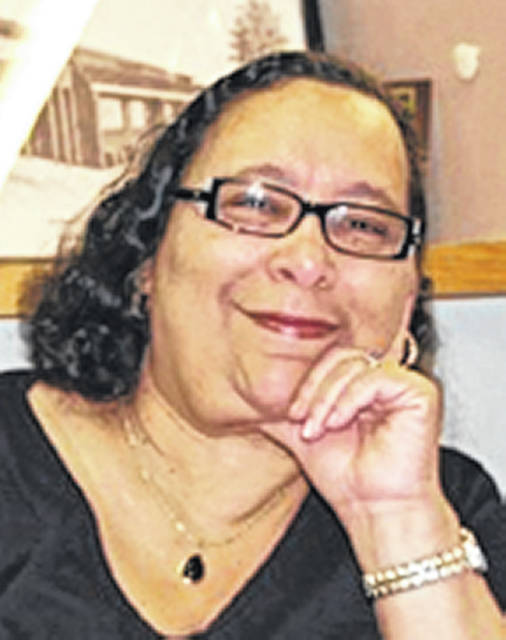
I have been affiliated either as a student, faculty, adjunct or in some other way with four HBCUS ( Historically Black Colleges and Universities) , Hampton University, Central State University, North Carolina Central, Florida A and M.
My Bachelor’s degree is from Central State. When I was a student at CSU , back when the earth was still cooling, class of 1971, our professors stressed inquiry, research and writing. One of my science professors had actually worked with Fermi and my history professor was a co-author of the text I used in my classes after I graduated. CSU is, like most HBCUs a very different institution now.
Integration took its toll, one of my great history professors, Dr. McStallworth was lured from CSU to Wright State to start the Bolinga Center on that campus. The problems facing HBCUs now, however, have less to do with excellent faculty being siphoned off by predominantly white colleges that have more money and resources and more to do with having leadership that is lacking in understanding either the original mission of the colleges or the current state of black education in America.
Public schools in America are more segregated now than they were in 1974 and most predominantly black schools are poorly staffed and generally neglected. This is, of course, based on the erroneous, but widely held, belief that black people are not interested in education and not very smart anyway. A student in an urban school has less than a 50% chance of being taught math or science by someone who majored in those disciplines.
HBCUs were established to educate black students when white colleges would not admit them. In some cases with more lenient or open enrollment some would still seem to be doing just that. However, the enrollment has fallen over the years and now stands at between 9% and 10% of black college students attending HBCUs. One current problem is that there seems to be a presumption that since we no longer live in a Jim Crow society there does not need to be any difference between a PWI and an HBCU except for the color of the students.
HBCUs were not only teaching/learning establishments, they were also founts of information about black culture, black history and black society. In my day national and international black leaders visited the campuses regularly sharing their scholarship, insights and activism and inspiring students to strive for excellence. Their visits also provided us with other lessons. When Stokely Carmichael came to speak to my history class he announced in front of the class that he would not speak to the class with white students present. The white student body at CSU in those days was fairly large, Wright State was one building in a cornfield.
My professor, and mentor, Dr. Wilhelmina Robinson took this internationally famous activist out in the hall to have a word. When he came back in he said nothing else about not speaking in front of white students. I asked her later what she had said to make him back down. She told me she told him he either spoke to ALL of her students, or none.
No college that I know of currently requires a course in black history of all students who attend, not even the HBCUs. Black people are pretty much only given a slight nod from time to time in history books and what is there is often inaccurate. Black culture and activism on most PWI ( Predominantly White Institutions) is confined to a black culture center of dubious pedigree.
Do we still need HBCUs? Yes, if they are going to function as repositories of black scholarship, history, culture and inspire activism. If the only difference is the color of the students, then no, let them pass into history.


